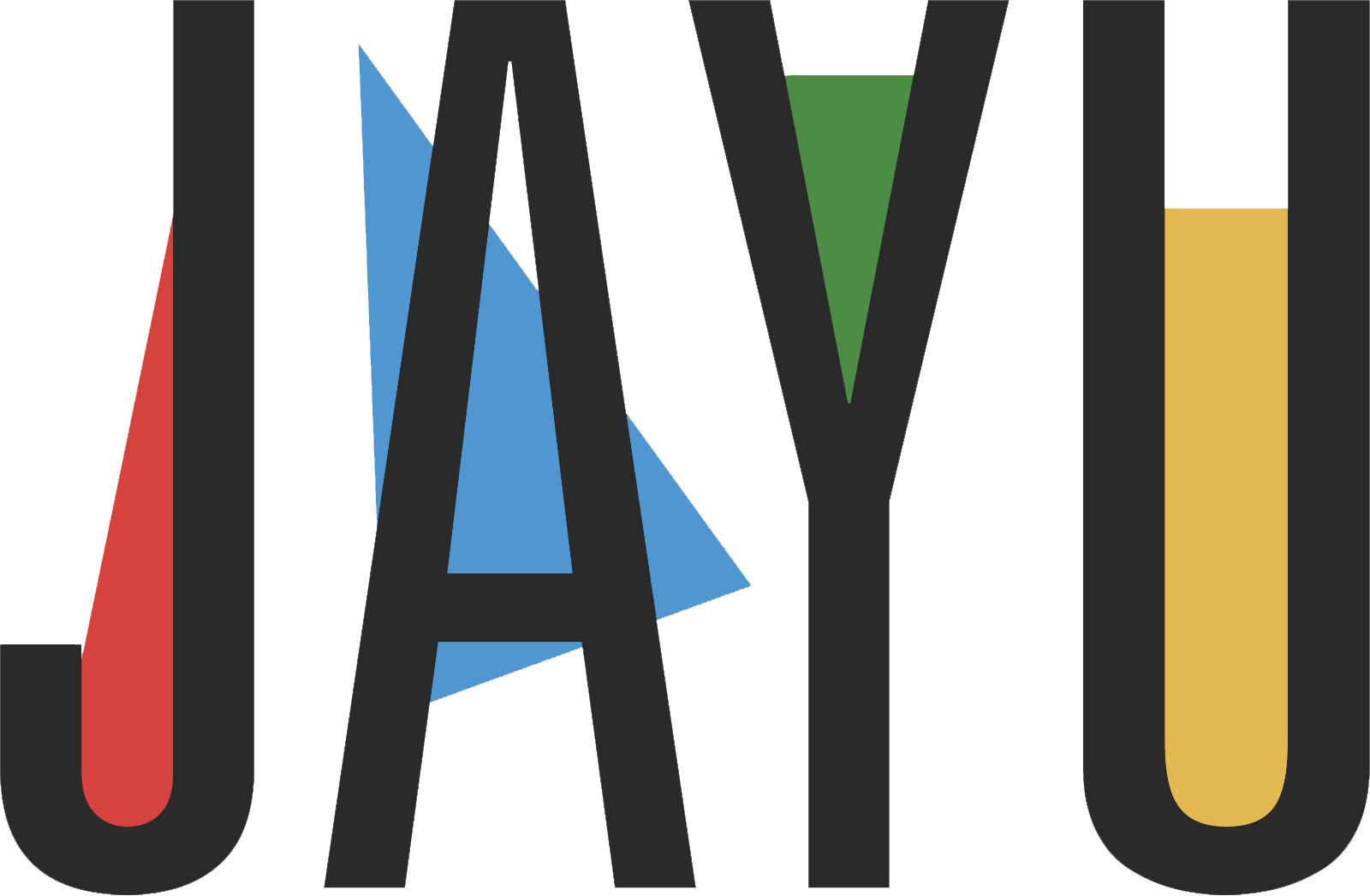The Summer I Turned Angry: An Editor’s Introduction to the Semester
Content warning: mentions of violence, sexual assault
This summer, I think I finally reached my last straw.
And I think many of us have felt the same way at some point in time. As I sat in my room working, or on my couch watching the news, or on my phone reading articles, I watched as the global community was facing crisis after crisis. I felt hopeless, and helpless. But mostly, I felt angry.
Angry at the fact that floods in Western Europe and China killed hundreds and left many missing or without a home, a sign of climate change’s devastating effects. Many Europeans expressed “climate hubris” that pegged this type of event to the likes of developing countries, dismissing the fact that emissions from high-income nations like Germany has led to low-income countries bearing the brunt of climate change. All this occurred while wildfires raged across Turkey and Greece, and, later, Hurricane Ida battered Louisiana on the sixteenth anniversary of Hurricane Katrina.
I was angry that, as the United States planned to leave Afghanistan after a 20 year war in August, the Taliban had taken control over almost the entire country, including the capital of Kabul. Afghans have been trying to flee the country and terrorist organization, and the UN estimates that the number of refugees will increase to half a million by the end of the year. The American government spent almost $4 billion a year to train Afghan soldiers, but they failed to build the necessary institutions or secure consistent leadership to support a military. While the US seemingly promised to fight corruption in Afghanistan, their dollars funded corrupt leaders and warlords, especially if they supported US-favoured policy. This was a mission that was destined to fail.
I was angry that vaccines to combat a life-threatening virus were readily available, yet out of reach to many. Figures from Our World in Data show that in August 2021, 45% of all vaccine doses administered had gone to just 16% of the world’s population in high-income countries. The World Health Organization has placed a two-month moratorium on booster shots as rich countries with vaccine stockpiles consider the idea. Meanwhile, thousands of vaccine doses are going to waste in Canada alone. When many individuals are still waiting for one vaccine dose, this must feel like a slap to the face for a large portion of the global community.
I was angry that laws in Texas prohibited abortions after six weeks of pregnancy, even in cases of rape. What’s worse is that the American Supreme Court declined to block the law. Now, millions of women in Texas will be faced with formidable challenges to control their reproductive health, particularly low-income people and people of colour. And promising to “eliminate all rapists from the streets,” as the governor of Texas said, is counterintuitive when policies like these enforce misogyny in our culture.
I was just angry all the time. The simple question of how we could let this all happen was something I asked myself a lot. It was like a fire was set inside me, constantly burning deep down. I think what I’ve learned is that, rather than letting the fire scorch us until we’re reduced to ash, we can tend to it in a meaningful way. Because fire fuels something else: passion. And action. After all the anger I felt these past four months, I am ready to put it to use and do something meaningful. Yes, I can’t take it anymore. But that’s why I want to create change and help others. When we care deeply and powerfully, we know that we deserve something better.
So, deep breath in. Deep breath out. It’s okay to be angry. Now, it’s time for all of us-individuals, activists, leaders, corporations-to act.
